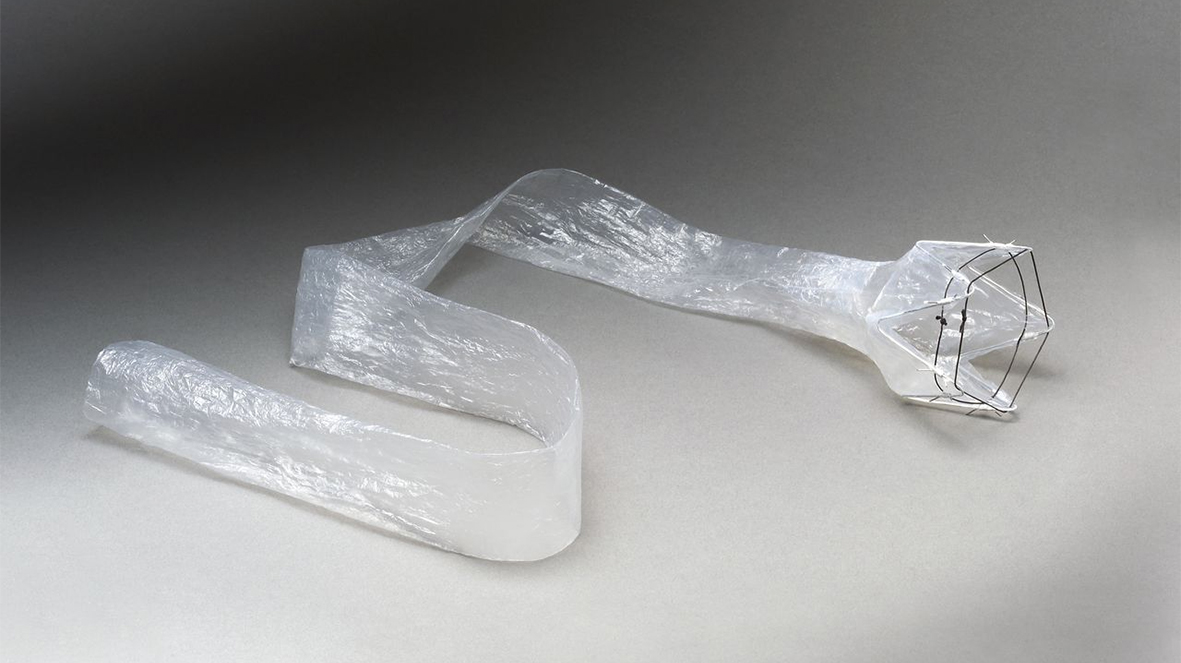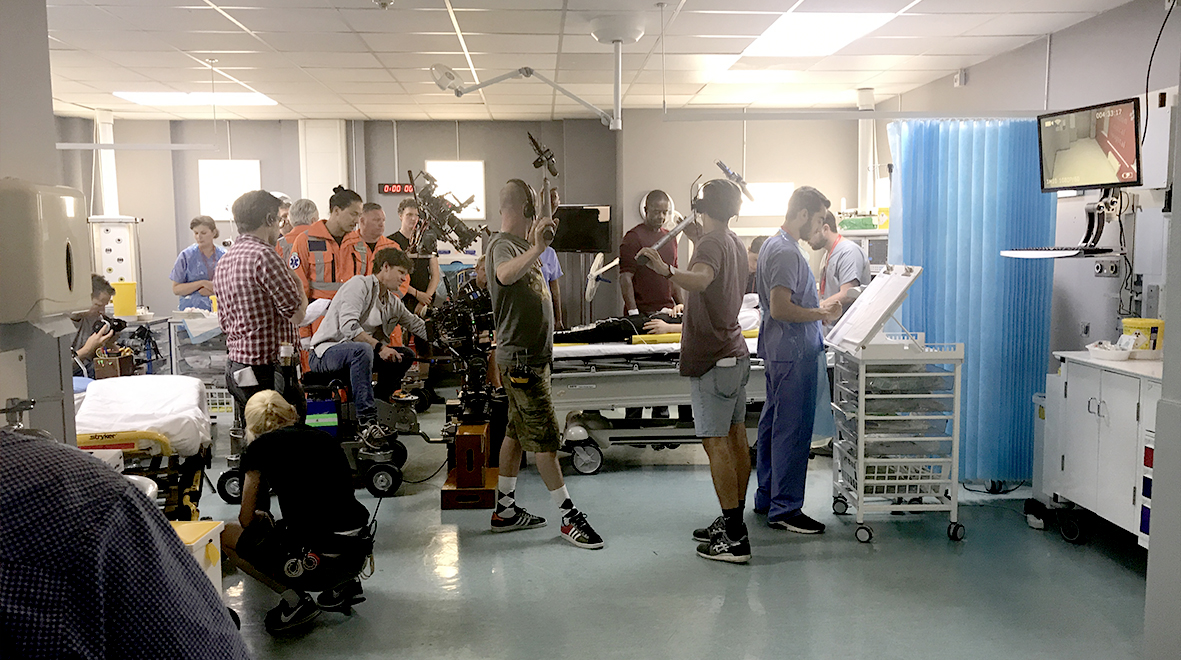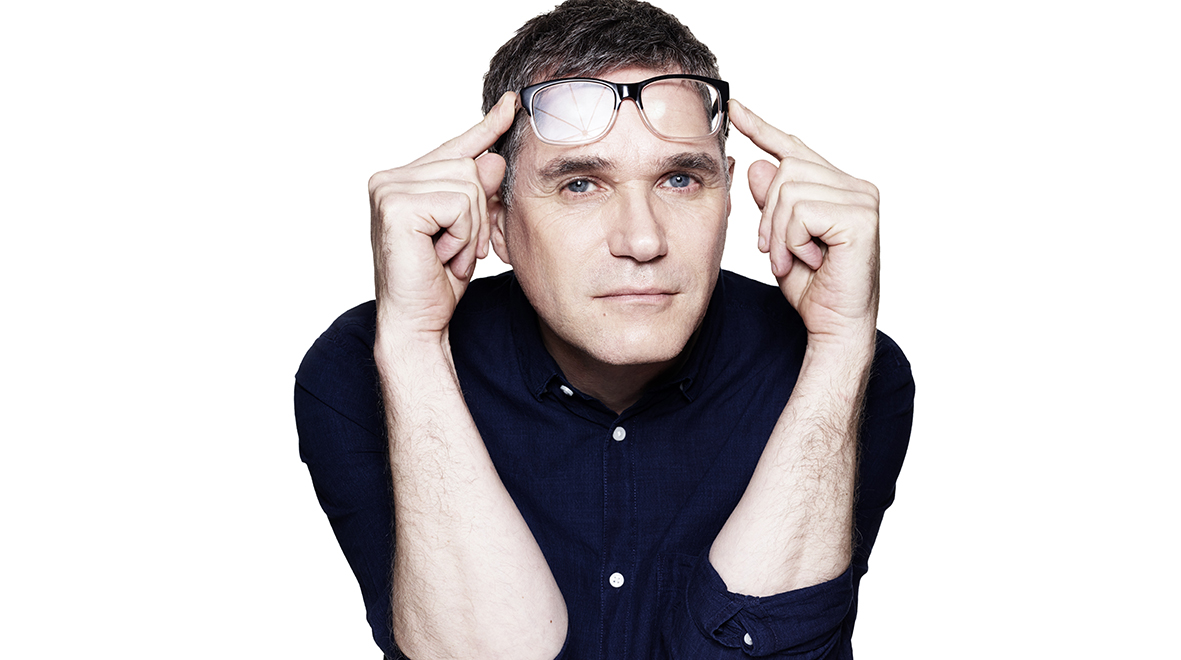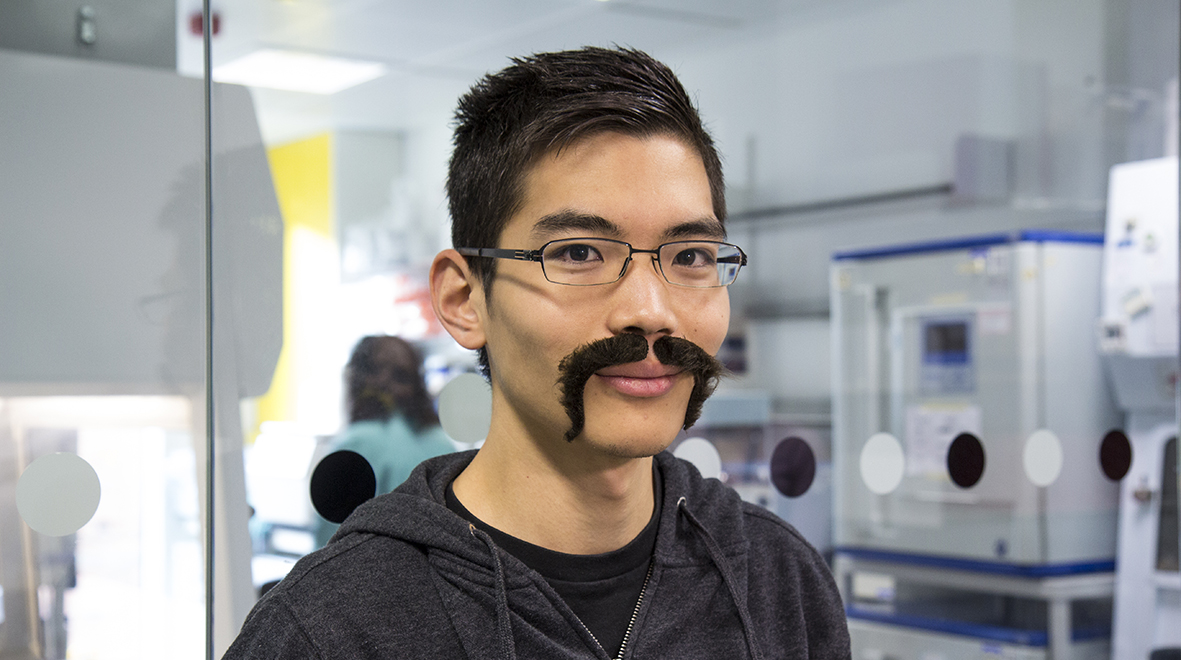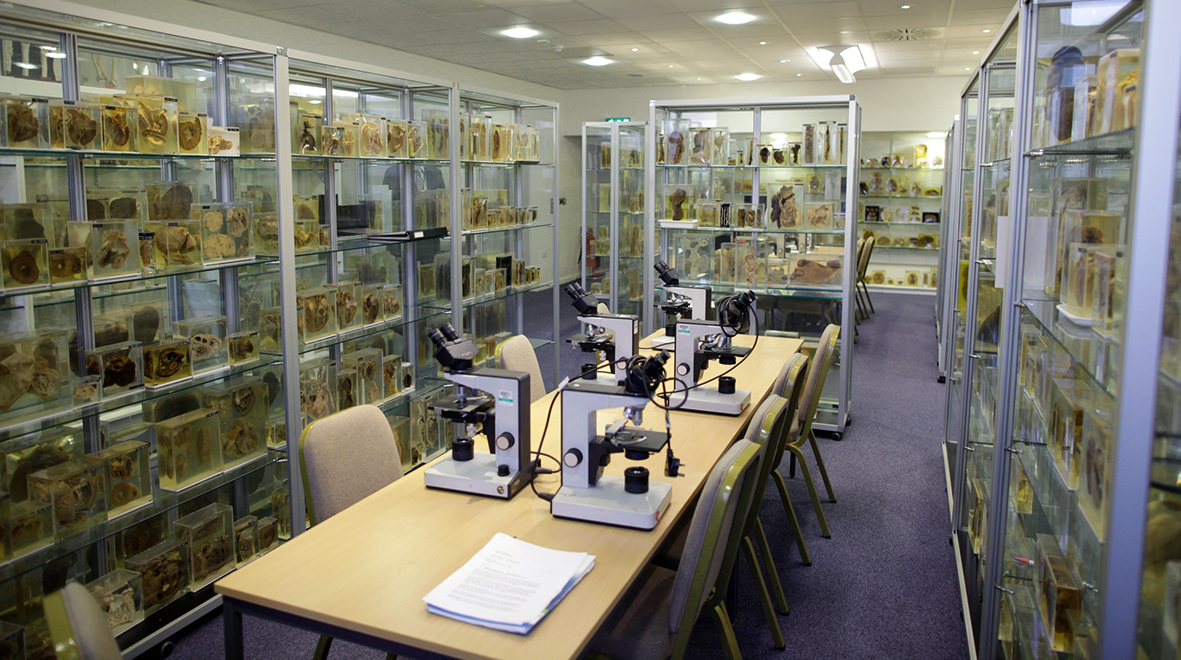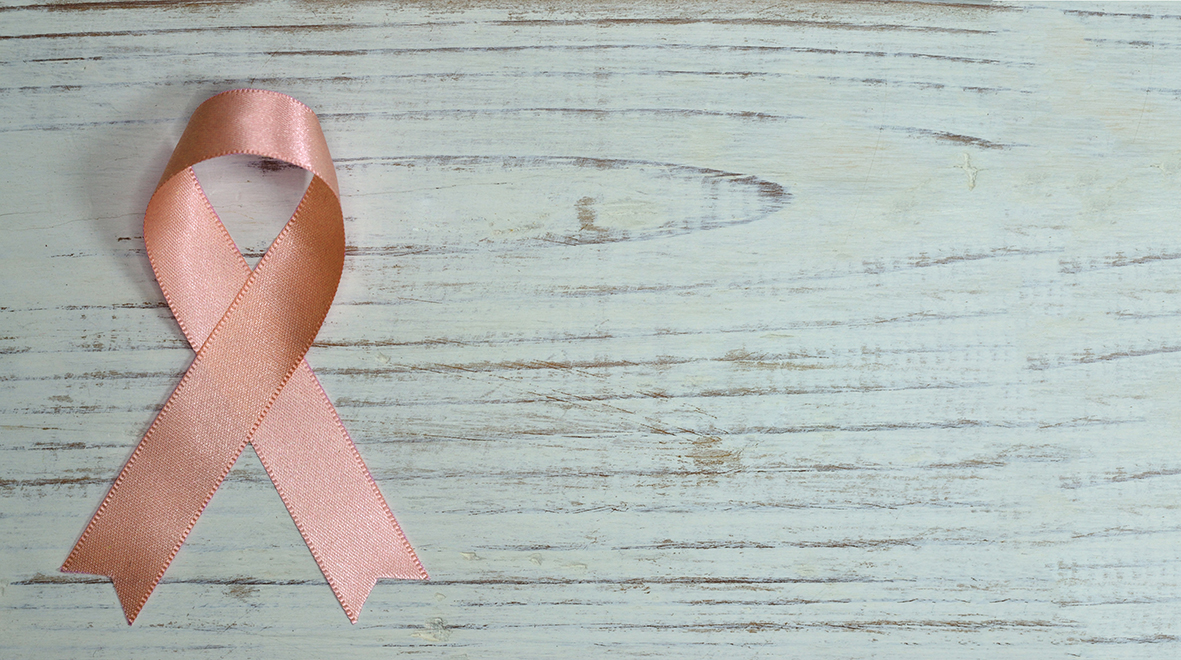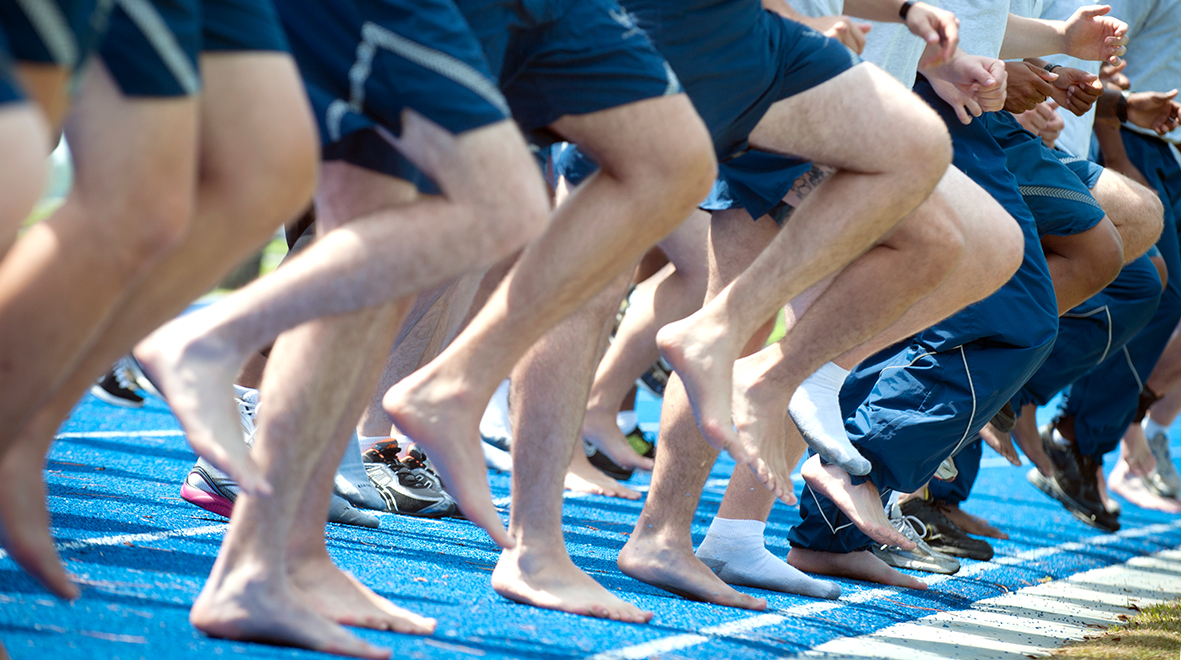The Bionic Radiologist: can artificial intelligence enhance human detection of bone disease?

Originally published on the NIHR Blog and reproduced here with permission, Professor Andrea Rockall, Clinical Chair of Radiology at Imperial, provides an insight into whether AI can enhance human detection of bone disease.
Myeloma is a disease that affects the skeleton and can be difficult to pick up at an early stage because symptoms are often quite vague. People who suffer from myeloma may be generally more tired than usual due to anaemia and may have aching bones. As the disease progresses, thinning of the bones may result in fractures, particularly of the spine, and this may be the first time that the diagnosis is picked up. The kidneys may also be affected due to an increase in myeloma proteins circulating in the bloodstream getting caught up in the delicate kidney tubules that filter the blood. If the disease is picked up early, some of these problems can be prevented. (more…)
